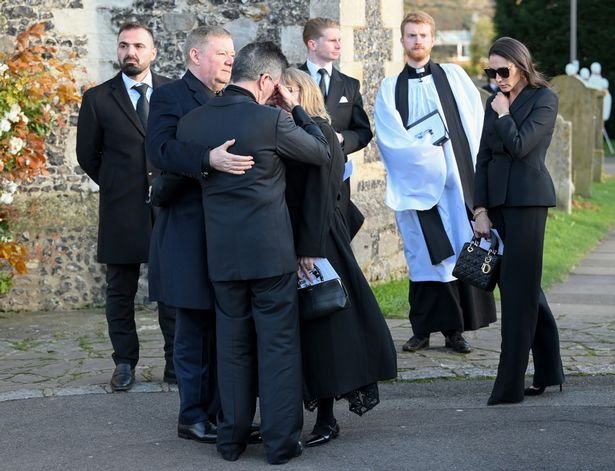
As the NBA Finals draw closer, the Minnesota Timberwolves shift their attention to the offseason, reflecting on their exit from the Western Conference Finals against the Dallas Mavericks. The challenge ahead lies in maintaining momentum after a stellar 2023-24 season.
However, amidst this optimism, the Wolves face significant uncertainty stemming from an ongoing ownership battle. The clash involves Glen Taylor and his intended successors, Marc Lore and Alex Rodriguez. Despite years of negotiation, their deal collapsed, leading to legal disputes that cast a shadow over the franchise’s future.
Amidst these legal wrangles, Glen Taylor, Minnesota’s wealthiest individual, retains control over the Timberwolves’ decision-making process. With the ownership dispute likely to linger, Taylor is expected to have the final say on crucial matters, including the NBA Draft, luxury tax obligations, and the contract status of key personnel like Tim Connelly, the President of Basketball Operations.
While the ownership drama unfolds, the Wolves’ front office grapples with discomfort and uncertainty. Employees navigate delicate dynamics, wary of upsetting either faction. This tension permeates throughout the organization, affecting not only basketball operations but also business and marketing strategies.
In the face of this uncertainty, plotting the team’s future becomes a daunting task, especially considering the impending financial challenges. Decisions regarding player retention, salary cap management, and resource allocation are all fraught with complexity and ambiguity.
As the offseason progresses, the outcome of the ownership dispute remains uncertain, casting a shadow over the franchise’s future. Nevertheless, amidst this turmoil, the Timberwolves must navigate one of their most pivotal offseasons with resilience and adaptability, striving to secure their place in the competitive landscape of the NBA.







